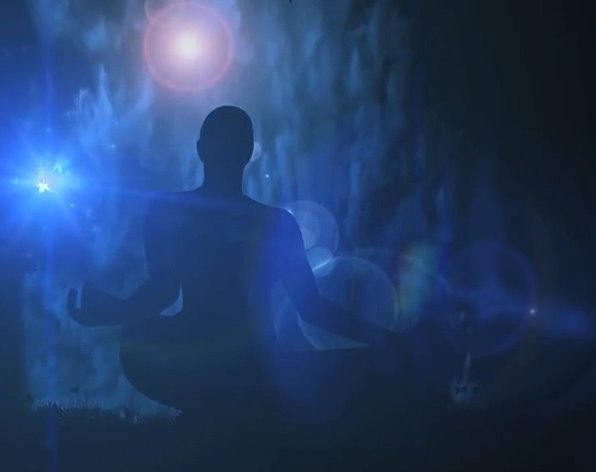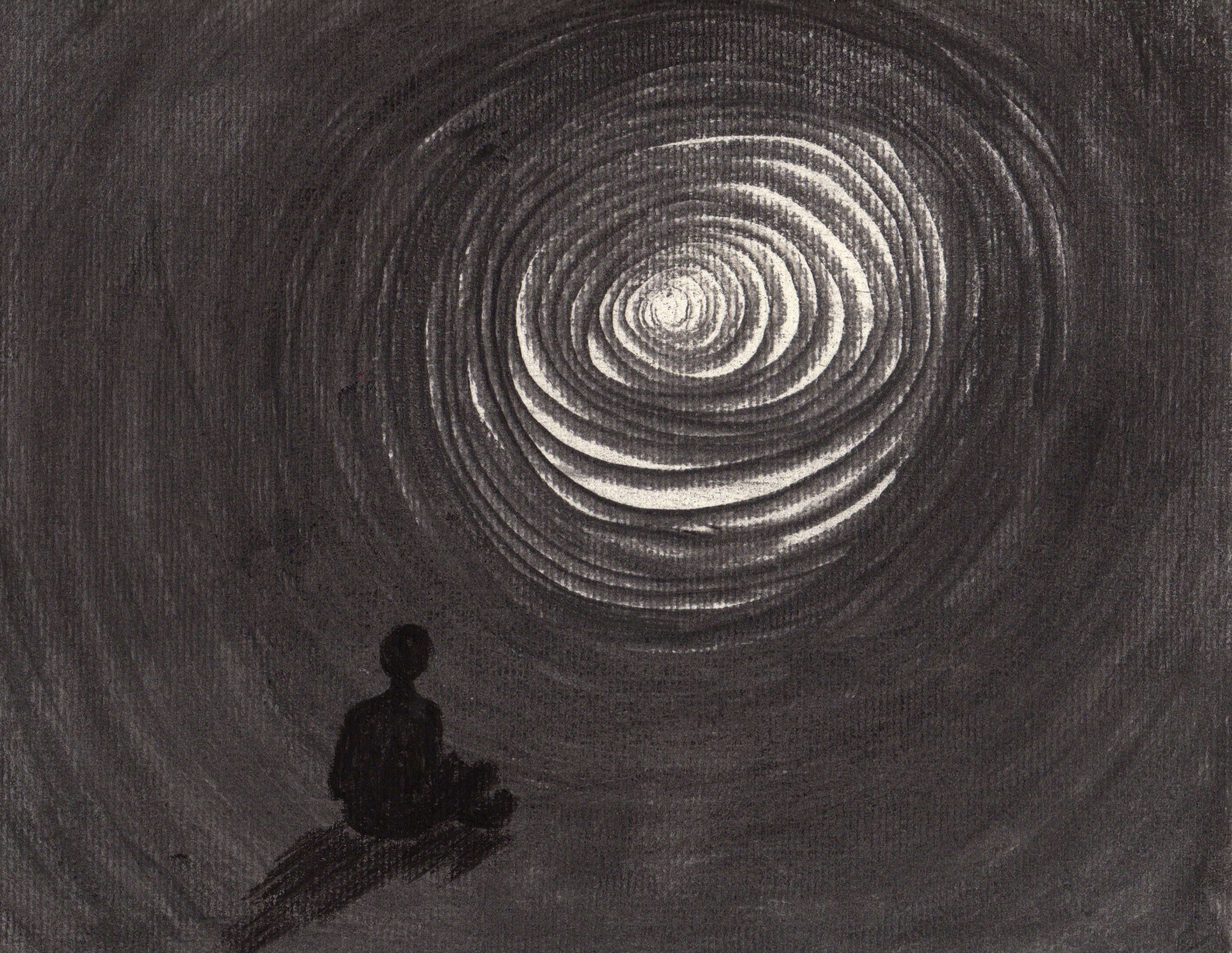Like most people, I’m finding hope hard to sustain. If you’re not grappling with hope and hopelessness, you’re either a dead conduit who has given up on humanity, or you’re illumined. So what is hope, and do we need it?
Most people emotionally confuse their people with the world, and the world with humanity. ‘My people’ is a deep emotional construct, the basis of social organization since the beginning of man. So it’s understandable that when one’s people perish, one emotionally experiences it as the death of humanity.
But giving up on humanity is giving up on oneself, and life. Yet that’s exactly what the vast majority of people in North America have done. The overwhelming numbers of “walking dead” in the West attest to how many people have given up on humanity.
The death of America’s soul occurred over 25 years ago, as the USSR collapsed externally and the US collapsed internally. Rather than feel it and face it, the remainder of inwardly alive Americans adapted to the pervasive deadness by becoming dead themselves.
Why? Is it that the vast majority of people always take the easier way, even if the choice is between deadness of soul and feeling the pain? Even so, why is deadness so comfortable for so many people?
 A living person doesn’t choose. Faced with a choice, the living and growing human being asks, which is the correct way to go?
A living person doesn’t choose. Faced with a choice, the living and growing human being asks, which is the correct way to go?
So the signs in London protesting Trump’s visit that read, “Choose Love,” are existentially mistaken. To love, one must end choosing. Choosing is an action of the self, and the self denies love.
Self-centered activity, like national self-interest, is perceived as a given. But the self (including the inane Eastern idea of the ‘Higher Self’) is precisely what we must radically challenge within and without.
As humans we tend to emotionally experience the death of our people as the death of humanity, but the truth is that isn’t even the death of one’s age. (Funny how the left, and so-called moderates in the media are throwing around that word ‘truth’ lately, when they can’t handle the truth anymore than the right can.)
When too many individuals inwardly die, a people perish. When too many peoples perish, an age perishes. And when too many ages perish, humanity perishes. We are at the second, and possibly the third stage.
Speaking only for one’s own people, the death of the American people is a fact but not the truth. The truth is in the question: Is there no possibility humankind will change course at this time?
This brings up the issue of hope and hopelessness, which is an emotionally charged archetype. There are situations, societies and even ages in which there is no prospect for change, but do we have to sink into hopelessness and despair?
Hope entails time, and looking to the future for change. If one has no ideal to measure progress against, and one doesn’t project ideals onto the future, is there despondency and despair?
Can we face the fact that humankind is not changing its destructive course, and contribute to the future of humanity, not knowing whether we even have one? These are tough questions for which there are no answers.
We seem to require hope to go on. Indeed, despair is defined as the complete loss of hope. But the saying, “I feel much better now that I’ve given up hope” may contain wisdom, if by giving up giving up hope it means letting go of the idea of change through time, rather than resignation.
It’s interesting to consider the nuances between the words hopelessness, despondency and despair. A situation may be hopeless, in that there is no chance for remedy or escape, but a person need not become despondent, much less sink into despair.
Self-centered activity generates deadness, which spreads and kills the spirit of a people, which then gives rise to hopelessness, which induces despondency and despair, which kills feeling and caring and produces numbness, which completes the vicious circle. That’s the grim truth, but we can break the vicious circle within ourselves.
Personally, it’s not so much despair or depression but despondency I grapple with. It’s defined as a “dejection arising from the conviction of the uselessness of further effort.”
So, are we living in a hopeless age? And if so can one face it without giving up on humanity, and sinking into despondency, despair and depression? Is there any choice?
Martin LeFevre

